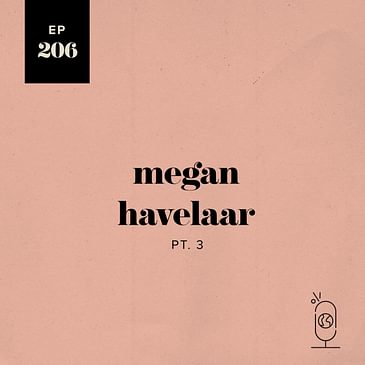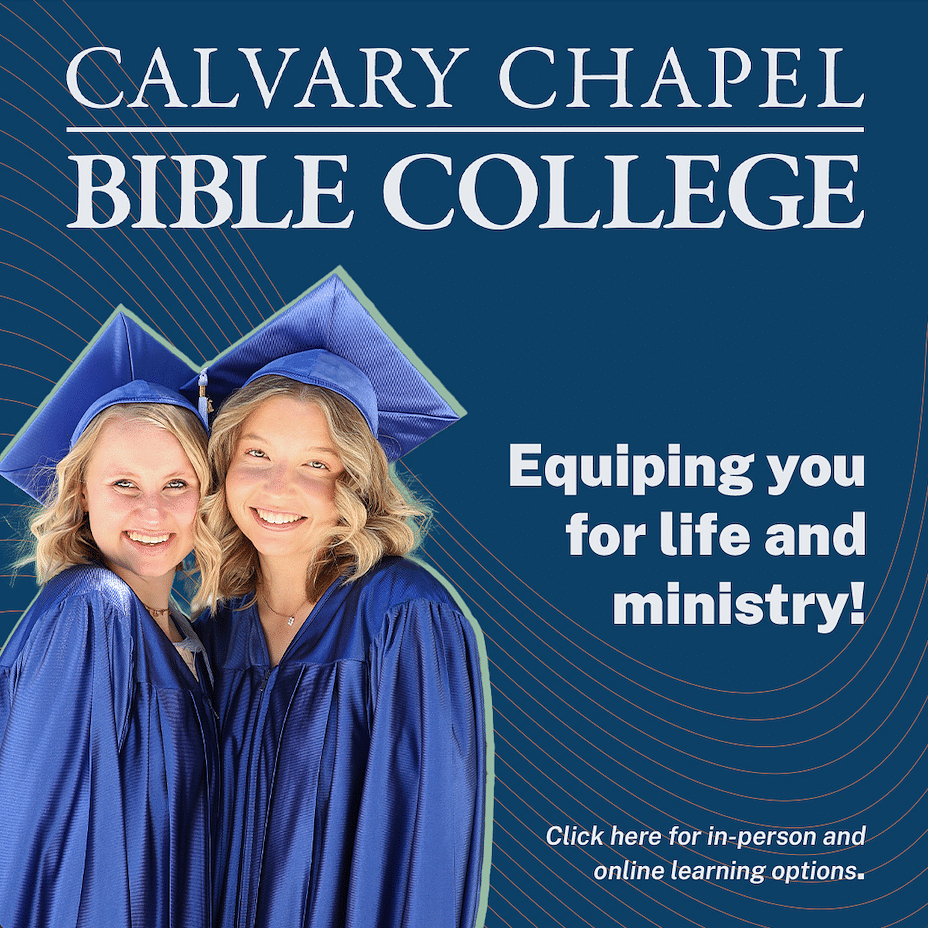Megan grew up in Denver, Colorado. She still carries an affection for everything outdoors from the years she spent growing up there. As a young girl, she was influenced by the godly example of the youth leaders at her church and challenged to consider serving the Lord in another country. This challenge quickly turned into a burning desire, which became the beginning of an adventure that would take Megan all over the world, introduce her to the man who would become her husband, and place them in Ethiopia where they served at an orphanage. Megan’s story is filled with the unexpected twists and turns of a life dedicated to serving Jesus wherever He leads.
https://missions.cccm.com
https://cccm.com/engage/view/missions/
https://www.esmafrica.org/ministries/childrens-homes/






